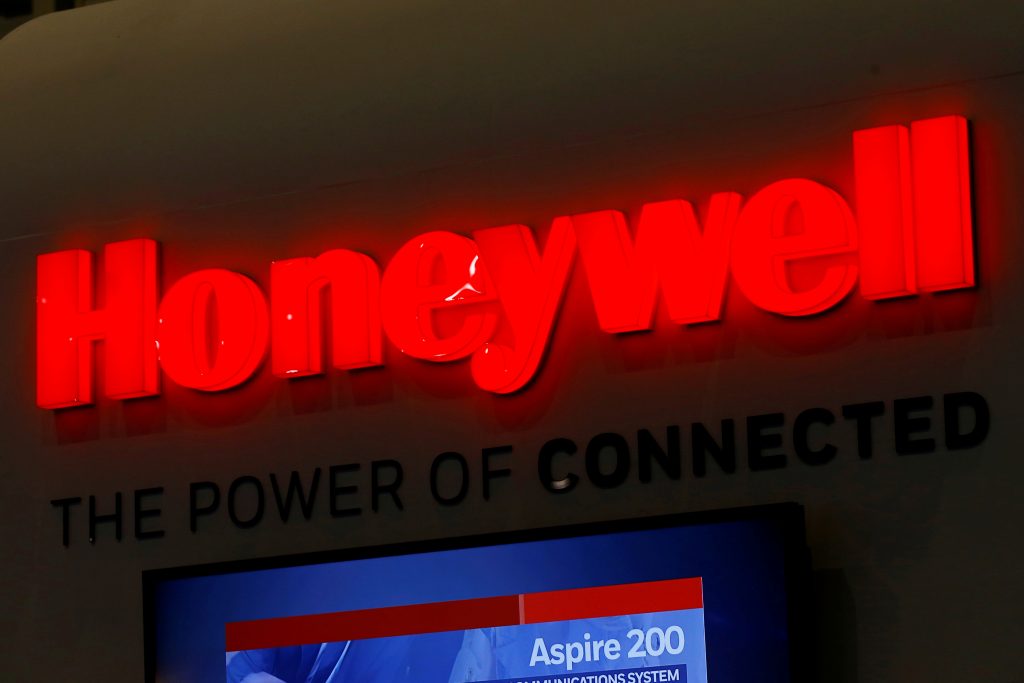Honeywell has put Dan Loeb in his place. The $110 billion conglomerate on Tuesday said it has decided to spin off two small, low-margin risky businesses rather than the aerospace unit the activist investor had targeted. It’s a smarter way for new Chief Executive Darius Adamczyk to improve returns without much pain, especially on top of the better margins he’s already producing.
Loeb argued that carving out aerospace, which produces almost 40 percent of Honeywell’s revenue and a greater chunk of its profit, could generate $20 billion of shareholder value. Yet his argument relied on that unit being valued in line with peers that have higher margins or are growing faster.
The fact the aerospace provides most of the cash the company needs for dividends and buybacks made Honeywell cool to the argument. So did the chance that dismembering the conglomerate might create lots of additional costs. Honeywell also reckons the investment made over the past several years is about to bear fruit, so wants to be the one to harvest it.
Instead Adamczyk is offloading two divisions that Honeywell can easily do without. The auto-transportation unit fits uncomfortably in the aerospace business. It also faces the challenge of shifting from producing internal combustion engines to electrically powered vehicles, possibly threatening its $3 billion of annual revenue. That may take years, but will require investment and scale – and be a distraction for Honeywell’s leaders.
The home-heating and security unit and its $4.5 billion of revenue also sit oddly in the company’s portfolio. On top of that, both spinoff candidates carry environmental liabilities, which they will share with Honeywell after becoming independent.
Honeywell also gets other benefits. It expects to be paid a $3 billion dividend from the companies it’s spinning out, which it will use to pay down debt, return to shareholders or deploy in dealmaking – Honeywell may be looking at water company Evoqua, for example, the Wall Street Journal reported last week. And without them Honeywell’s margins should breach 20 percent from the 18.7 percent the company expects in the third quarter – itself a decent improvement on last year.
Investors seem happy enough with Honeywell’s strategic choice – the shares were mostly unchanged on the announcement, but have outperformed the S&P 500 so far this year, as well as since Loeb announced his plans. That’s not a bad outcome after six months in the driving seat.
_______________________________________________________________________
Request a free trial of Breakingviews here.


